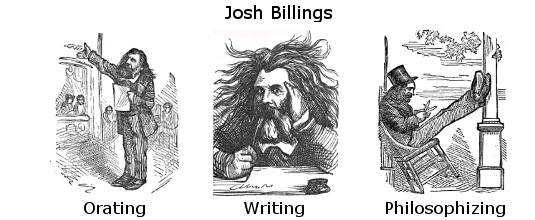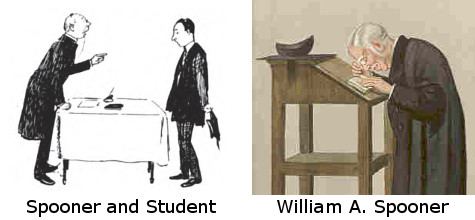Josh Billings? Artemus Ward? Will Rogers? Abraham Lincoln? Mark Twain? Friedrich Nietzsche? Anonymous?

Question for Quote Investigator: Here are two versions of an expression I am trying to trace:
1) It’s better to know nothing than to know what ain’t so.
2) It is better not to know so much, than to know so many things that ain’t so.
Should these words be credited to Mark Twain, Josh Billings, Artemus Ward, Will Rogers, or someone else?
Reply from Quote Investigator: In 1874 the following compendium was released: “Everybody’s Friend or Josh Billing’s Encyclopedia and Proverbial Philosophy of Wit and Humor”. The apostrophe in the name Billings was misplaced in the title. The work employed nonstandard spelling which causes headaches for modern researchers who are attempting to find matches using standard spelling. One section was labeled “Affurisms” because it contained “Aphorisms”. The book included two thematically relevant statements:1
A) I honestly beleave it iz better tew know nothing than two know what ain’t so.
B) Wisdum don’t konsist in knowing more that iz new, but in knowing less that iz false.
Here are the two sentences written with standard spelling:
A) I honestly believe it is better to know nothing than to know what ain’t so.
B) Wisdom don’t consist in knowing more that is new, but in knowing less that is false
QI believes that Josh Billings can be credited with the sayings above. There exists a large family of semantically overlapping expressions that form an inclusive superset, and QI will eventually examine some of the other members of this extended group.
Below are additional selected citations in chronological order.
Continue reading “Quote Origin: It Is Better to Know Nothing than to Know What Ain’t So”